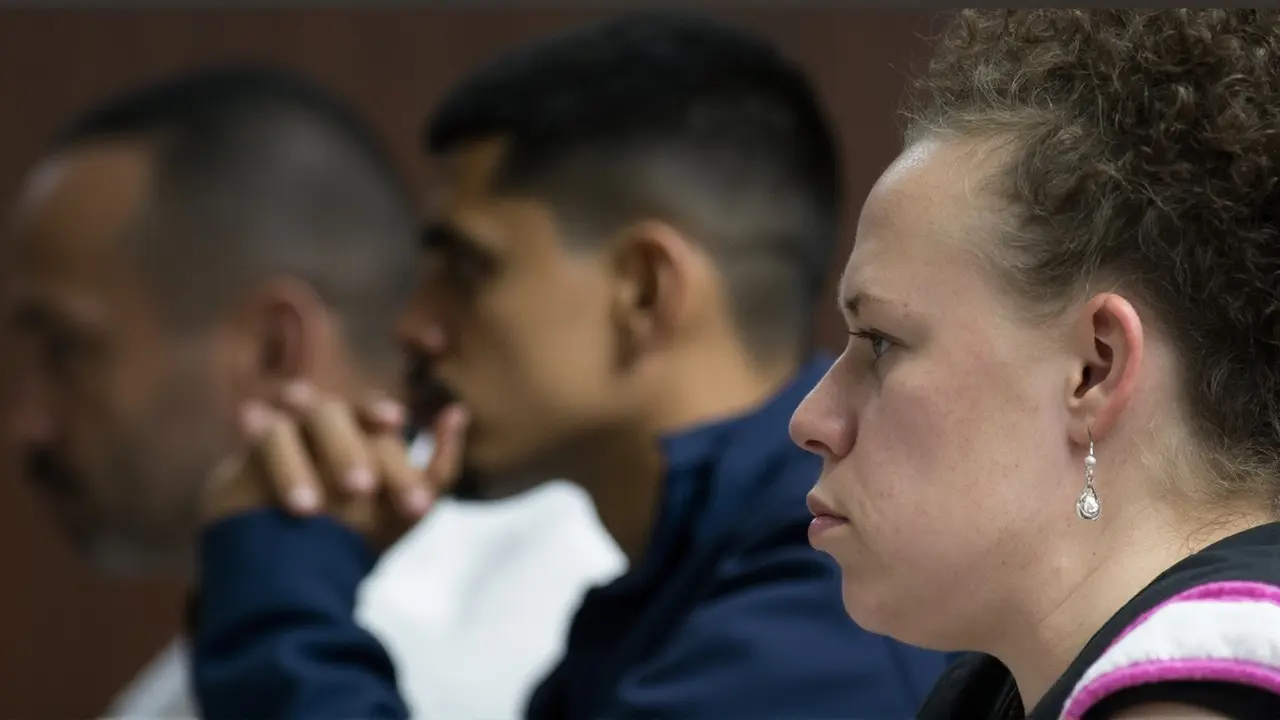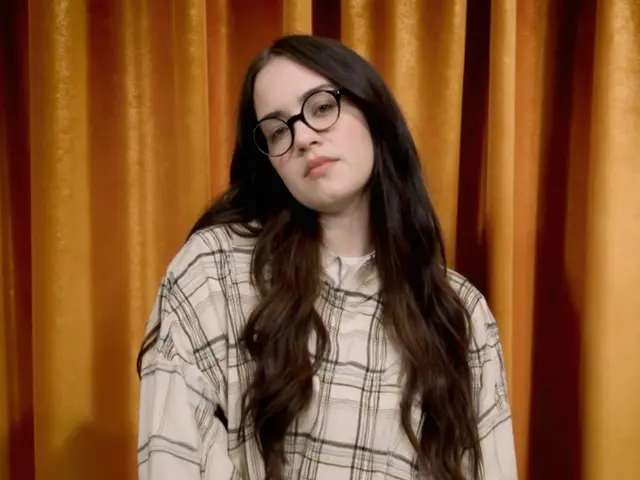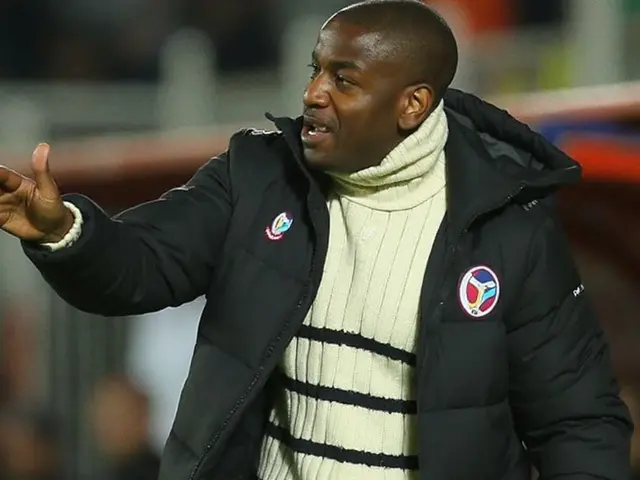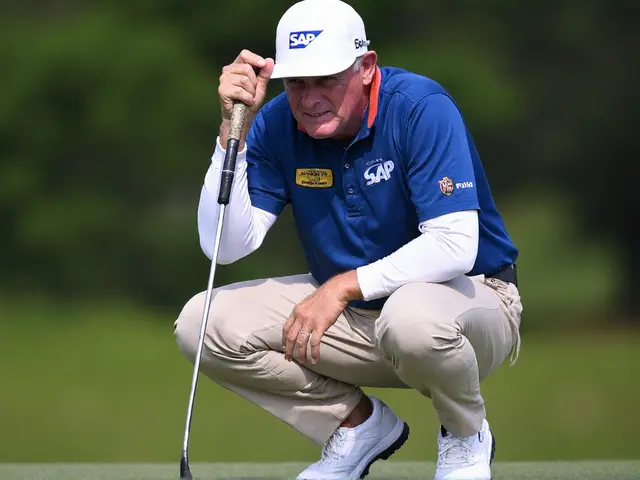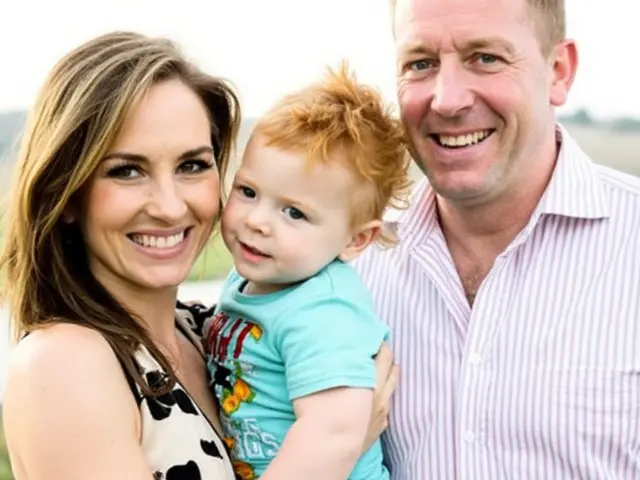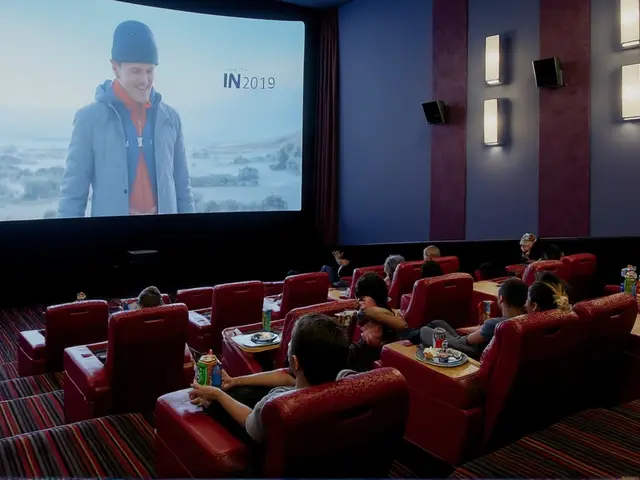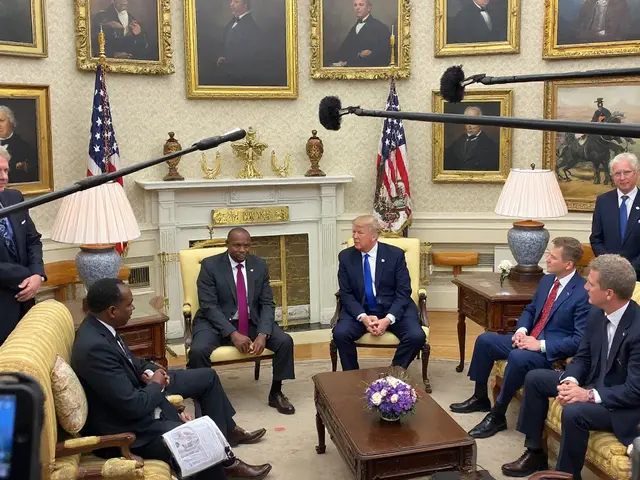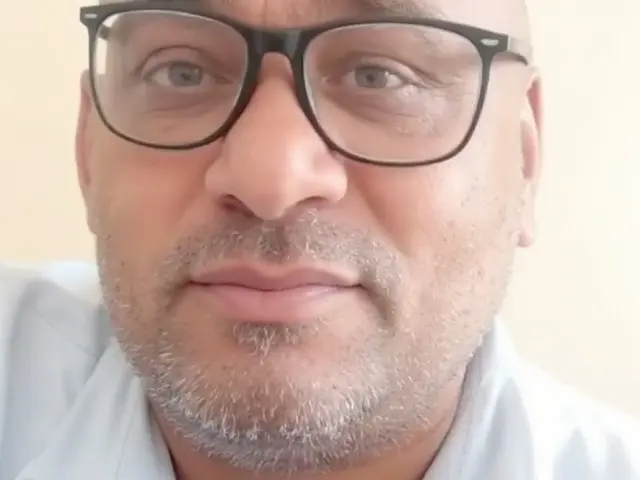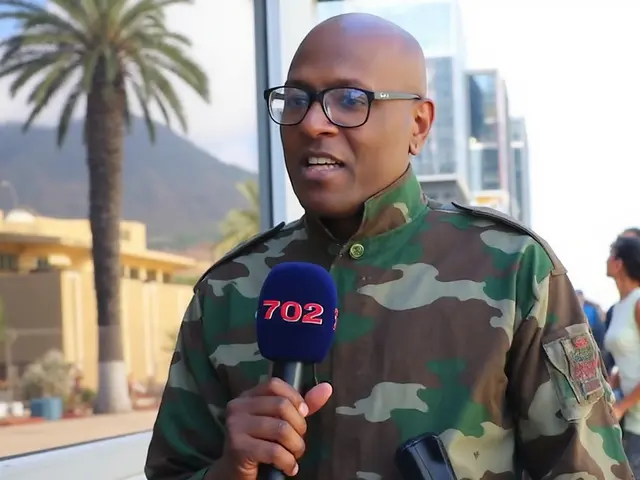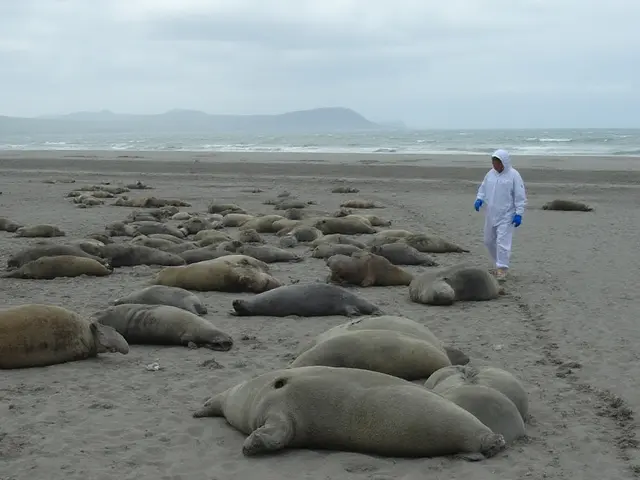Joshlin Smith Case: Guilty Verdict Brings Painful Answers, but No Closure
The courtroom felt heavy with tension as Judge Nathan Erasmus announced the verdict. The Western Cape High Court found three defendants—Racquel 'Kelly' Smith, her boyfriend Jacquen Appollis, and their associate Steveno van Rhyn—guilty of kidnapping and human trafficking. Their victim? Six-year-old Joshlin Smith, who vanished over a year ago from the dusty lanes of the Middelpos informal settlement. The news gripped the country, not just because a child went missing, but because those who should have protected her now stand condemned.
Joshlin's disappearance on 19 February 2024, rattled Saldanha Bay and soon the entire nation. Her seventh birthday came and went, marked not by laughter, but by a grim search for answers. For months, police combed through the settlement, leaving no shack or alley unchecked. Candlelight vigils bloomed, and the community clung to hope. Yet the little girl remains missing.
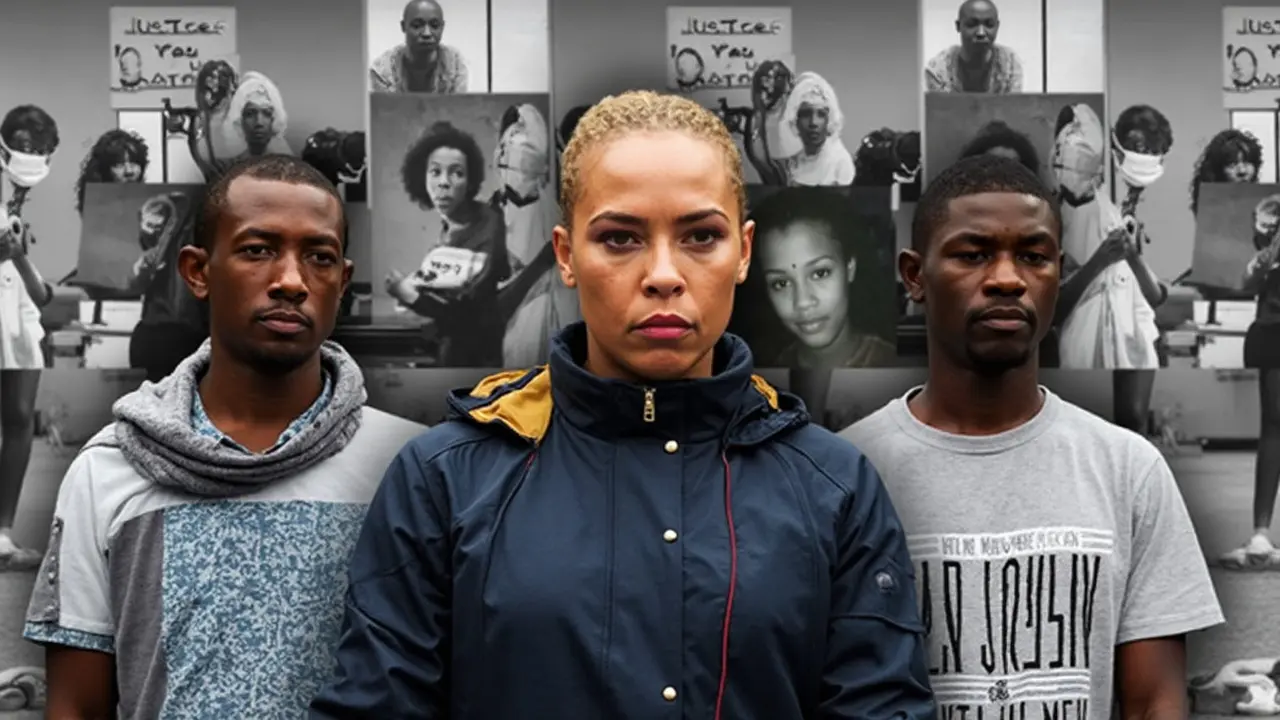
A Shocking Web of Betrayal
Few cases have cut so deeply into the public conscience. The pain comes not just from the crime, but from who did it. Most chilling is that the central figure, Joshlin’s own mother, was convicted of orchestrating her child's abduction. Accomplices included her boyfriend and a family friend—turning domestic trust into something sinister.
During the trial, prosecutors painted a picture of premeditated cruelty. The evidence pointed to a calculated plan that stripped a child of her safety. Testimony revealed that those charged had ignored every duty of care, and the judge didn’t mince words: exploiting a minor for gain, especially by someone in a parental role, strikes at the heart of any society.
Community members packed the courtroom, some weeping, others staring hollow-eyed at the convicted trio. The gallery heard how police found gaps in alibis and inconsistencies in every recounting of Joshlin's last day. Investigators detailed a months-long process of gathering forensic evidence, interviewing witnesses, and tracing the network of contacts that ultimately led to the arrests.
Despite lengthy proceedings and national coverage, some questions linger. Where is Joshlin? Family members outside the accused circle say they feel both relieved that justice has moved forward—and furious that no one has yet brought the girl home. The verdict offers no happy ending, just a stark verdict of guilt and a reminder of urgent, unfinished work.
The sentencing phase, which began at the end of May 2025, is already drawing tough talk in court. Prosecutors have ramped up their condemnation, detailing the raw damage done not just to the victim, but to the broader community’s sense of security. The case underscores, in raw detail, how human trafficking often hides in plain sight—sometimes in the circles closest to us.
- Verdicts were handed down more than a year after Joshlin’s disappearance.
- The mother, her boyfriend, and their acquaintance face decades behind bars.
- No trace of Joshlin has yet been found, and the search continues alongside the legal fallout.
- National child advocacy groups are calling for stronger protection laws in the wake of the case.
As the countdown to sentencing continues, Saldanha Bay still waits. The absence of a little girl is felt everywhere: in school classrooms, on playgrounds, and in the anxious faces of neighbors. The guilty verdict brings tough answers but offers no closure, reminding everyone that the hardest task—finding Joshlin—remains unfinished.
